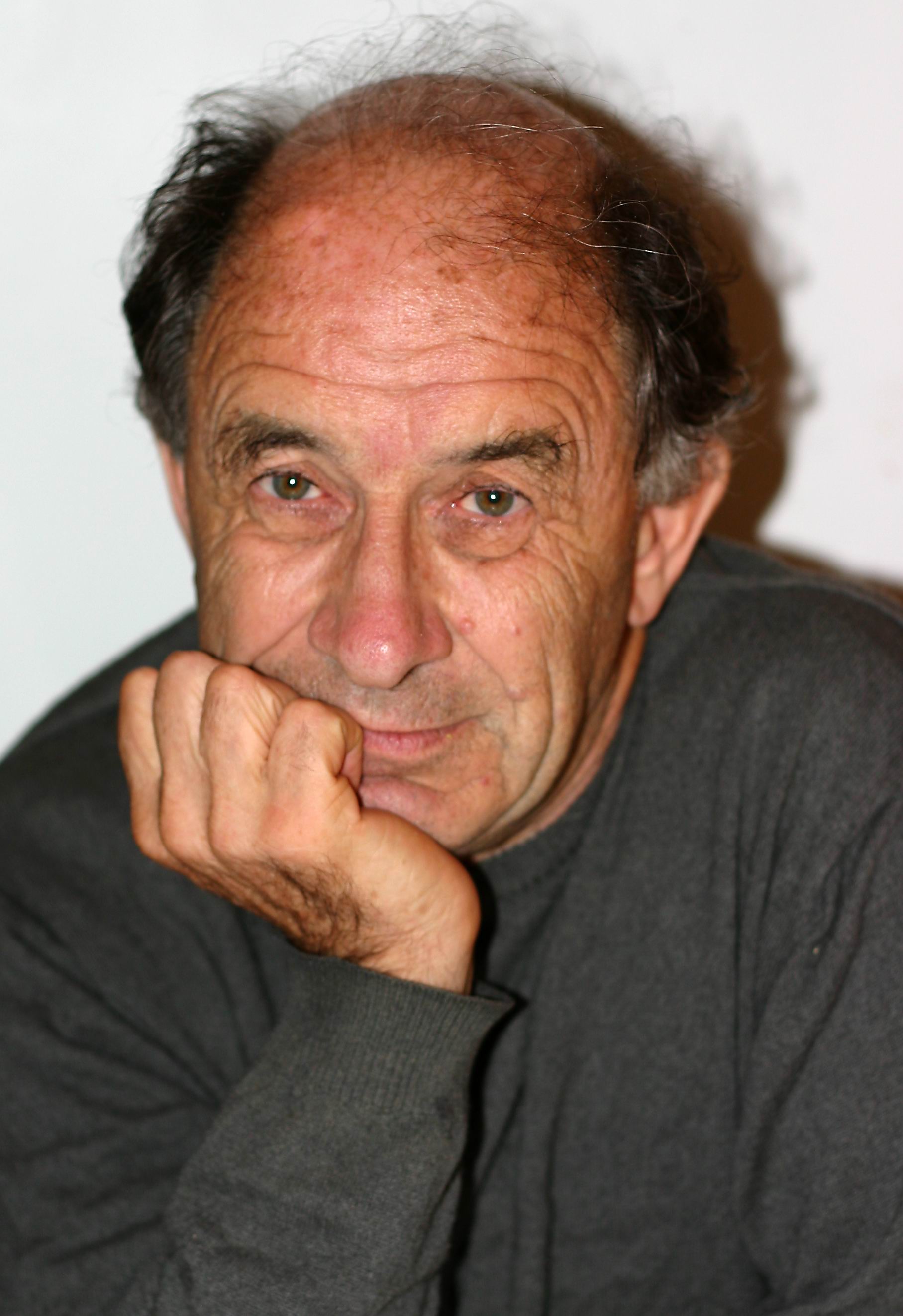"Will Mathematics Survive? Report on the Zurich Congress" in The Mathematical Intelligencer, Vol. 17, no. 3 (1995), pp. 6–10.
Contexto: At the beginning of this century a self-destructive democratic principle was advanced in mathematics (especially by Hilbert), according to which all axiom systems have equal right to be analyzed, and the value of a mathematical achievement is determined, not by its significance and usefulness as in other sciences, but by its difficulty alone, as in mountaineering. This principle quickly led mathematicians to break from physics and to separate from all other sciences. In the eyes of all normal people, they were transformed into a sinister priestly caste... Bizarre questions like Fermat's problem or problems on sums of prime numbers were elevated to supposedly central problems of mathematics.
Vladímir Arnold: Frases en inglés
"On teaching mathematics", as translated by A. V. Goryunov, in Russian Mathematical Surveys Vol. 53, no. 1 (1998), p. 229–236.
Contexto: In the middle of the twentieth century it was attempted to divide physics and mathematics. The consequences turned out to be catastrophic. Whole generations of mathematicians grew up without knowing half of their science and, of course, in total ignorance of any other sciences. They first began teaching their ugly scholastic pseudo-mathematics to their students, then to schoolchildren (forgetting Hardy's warning that ugly mathematics has no permanent place under the Sun).
"On teaching mathematics", as translated by A. V. Goryunov, in Russian Mathematical Surveys Vol. 53, no. 1 (1998), p. 229–236.
Contexto: In the middle of the twentieth century it was attempted to divide physics and mathematics. The consequences turned out to be catastrophic. Whole generations of mathematicians grew up without knowing half of their science and, of course, in total ignorance of any other sciences. They first began teaching their ugly scholastic pseudo-mathematics to their students, then to schoolchildren (forgetting Hardy's warning that ugly mathematics has no permanent place under the Sun).
"The antiscientifical revolution and mathematics" (1998, Vatican).
" Conversation with Vladimir Igorevich Arnol’d http://link.springer.com/article/10.1007/BF03023727" (Arnold interviewed by Smilka Zdravkovska), The Mathematical Intelligencer, December 1987, Volume 9, Issue 4, pp 28–32.
Interview translated from the Russian into English and republished in the book Boris A. Khesin; Serge L. Tabachnikov (editors), Arnold: Swimming Against the Tide (2014) Google Books preview http://books.google.com/books?id=aBWHBAAAQBAJ&pg=PA4 pages 4–5.
"Polymathematics: is mathematics a single science or a set of arts?", in Mathematics: Frontiers and Perspectives (2000), edited by V. I. Arnold, M. Atiyah, P. Lax, and B. Mazur, pp. 403–416.
Vladimir I. Arnold, "Ordinary Differential Equations", 3rd edition, p. 58.
